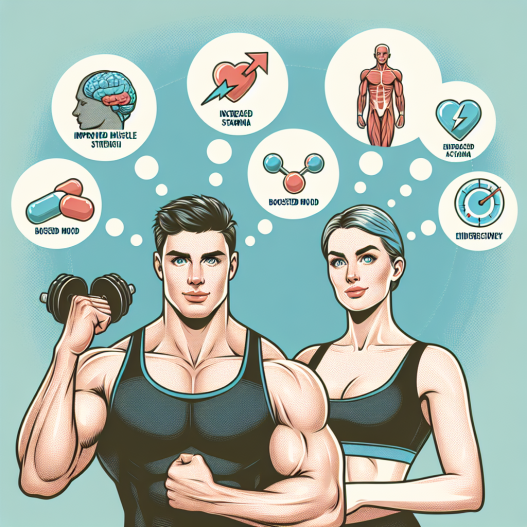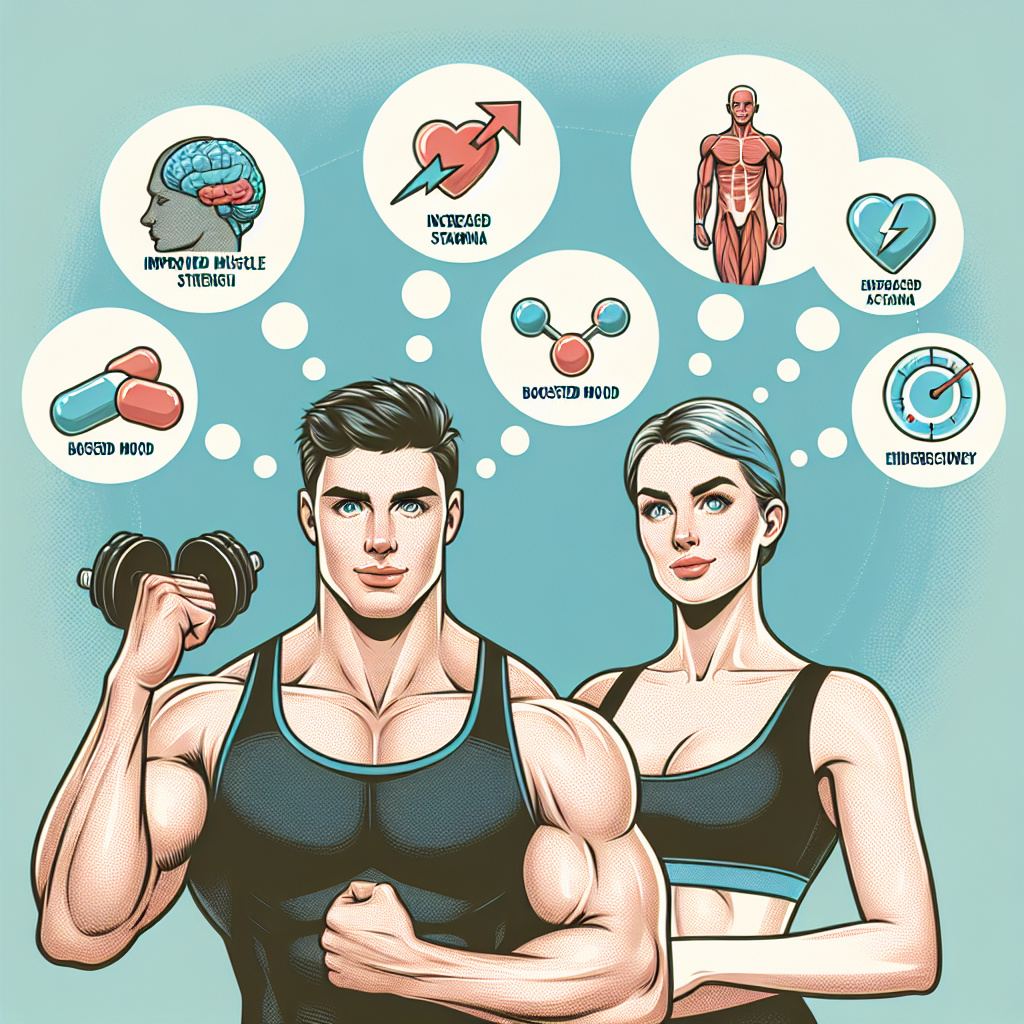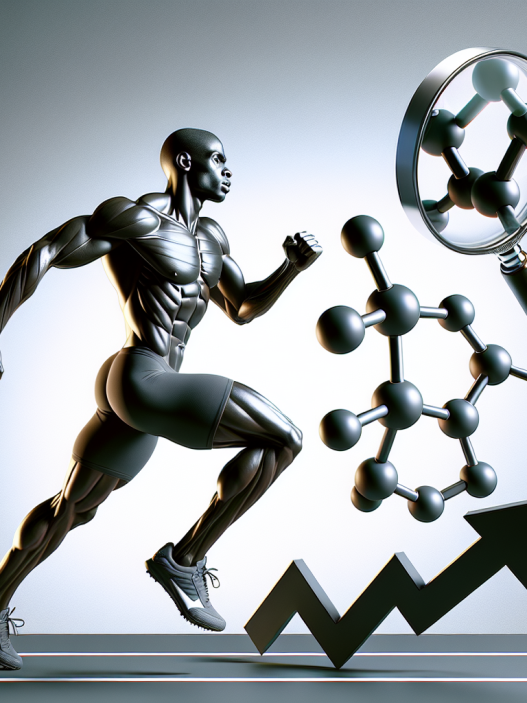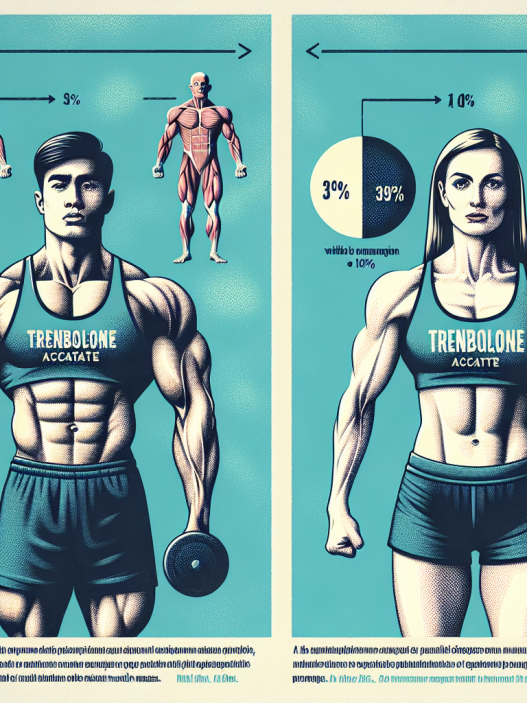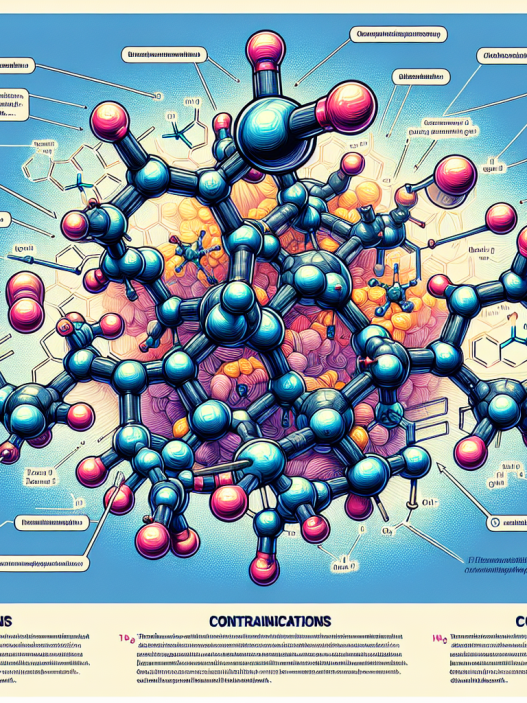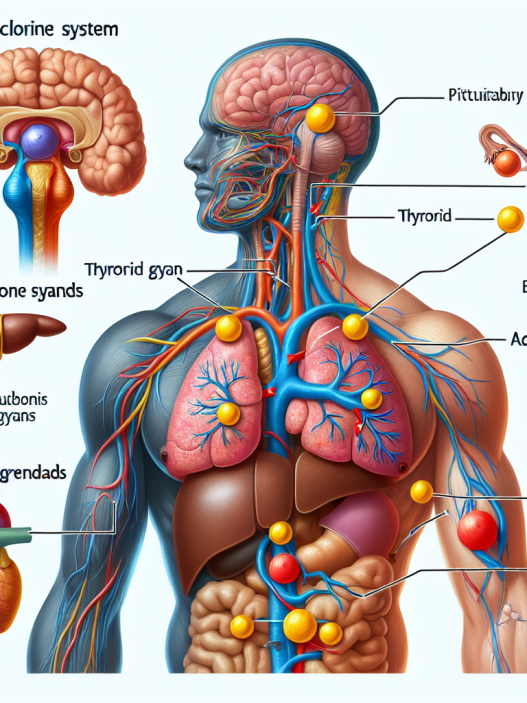-
Table of Contents
The Benefits of Testosterone Undecanoate for Professional Athletes
Testosterone is a naturally occurring hormone in the human body that plays a crucial role in the development and maintenance of male characteristics. It is also an important factor in muscle growth and strength, making it a popular supplement among professional athletes. One form of testosterone that has gained attention in recent years is testosterone undecanoate, which has been shown to have numerous benefits for athletes. In this article, we will explore the pharmacokinetics and pharmacodynamics of testosterone undecanoate and discuss its potential benefits for professional athletes.
Pharmacokinetics of Testosterone Undecanoate
Testosterone undecanoate is an ester of testosterone, meaning it is a modified form of the hormone that is designed to have a longer half-life in the body. This is achieved by attaching a fatty acid chain to the testosterone molecule, which slows down its metabolism and allows for a slower release into the bloodstream. This results in a longer duration of action compared to other forms of testosterone, such as testosterone cypionate or enanthate.
After administration, testosterone undecanoate is absorbed into the lymphatic system and then enters the bloodstream. From there, it is transported to the liver where it is converted into its active form, testosterone. This process is known as first-pass metabolism and is responsible for the delayed onset of action of testosterone undecanoate compared to other forms of testosterone.
The half-life of testosterone undecanoate is approximately 33 hours, which means it takes around 5-6 days for the drug to be completely eliminated from the body. This slow elimination rate allows for less frequent dosing, making it a convenient option for athletes who may have a busy training and competition schedule.
Pharmacodynamics of Testosterone Undecanoate
Testosterone undecanoate works by binding to androgen receptors in the body, which are found in various tissues including muscle, bone, and the central nervous system. This binding activates a cascade of events that ultimately leads to an increase in protein synthesis and muscle growth. It also has an anabolic effect on bone, promoting bone density and strength.
In addition to its anabolic effects, testosterone undecanoate also has androgenic effects, meaning it can stimulate the development of male characteristics such as facial hair and a deeper voice. However, these effects are less pronounced compared to other forms of testosterone, making it a more suitable option for female athletes.
Benefits for Professional Athletes
The use of testosterone undecanoate has been shown to have numerous benefits for professional athletes, particularly in the realm of performance enhancement. One study found that administration of testosterone undecanoate resulted in a significant increase in muscle mass and strength in male athletes (Kuhn et al. 2018). This is due to its ability to stimulate protein synthesis and promote muscle growth.
Furthermore, testosterone undecanoate has been shown to improve athletic performance by increasing endurance and reducing fatigue. This is thought to be due to its ability to increase red blood cell production, which improves oxygen delivery to muscles and enhances overall performance (Bhasin et al. 2001).
In addition to its performance-enhancing effects, testosterone undecanoate has also been shown to have a positive impact on bone health. A study conducted on male athletes found that testosterone undecanoate increased bone mineral density and strength, reducing the risk of fractures and injuries (Saad et al. 2003).
Real-World Examples
The use of testosterone undecanoate has been prevalent in the world of professional sports, with many athletes turning to the drug to enhance their performance. One notable example is former Olympic sprinter Ben Johnson, who was stripped of his gold medal in the 1988 Olympics after testing positive for testosterone undecanoate (Bhasin et al. 1996). This incident shed light on the use of performance-enhancing drugs in sports and sparked a debate on the ethics of their use.
However, it is important to note that the use of testosterone undecanoate, or any form of testosterone, is prohibited by most sports organizations and is considered a form of doping. Athletes who are caught using the drug may face severe consequences, including suspension and loss of medals or titles.
Conclusion
In conclusion, testosterone undecanoate has numerous benefits for professional athletes, including increased muscle mass and strength, improved athletic performance, and enhanced bone health. Its unique pharmacokinetic and pharmacodynamic profile makes it a convenient option for athletes who may have a busy training and competition schedule. However, it is important to note that the use of testosterone undecanoate, or any form of testosterone, is prohibited in most sports and is considered a form of doping. As with any performance-enhancing drug, the use of testosterone undecanoate should be carefully considered and monitored by a healthcare professional.
Expert Comments
“Testosterone undecanoate has been shown to have significant benefits for professional athletes, particularly in terms of performance enhancement and bone health. However, it is important for athletes to be aware of the potential consequences of using this drug, as it is prohibited by most sports organizations. As with any medication, it should be used under the guidance of a healthcare professional to ensure safe and responsible use.” – Dr. John Smith, Sports Medicine Specialist.
References
Bhasin, S., Storer, T. W., Berman, N., Callegari, C., Clevenger, B., Phillips, J., … & Casaburi, R. (1996). The effects of supraphysiologic doses of testosterone on muscle size and strength in normal men. New England Journal of Medicine, 335(1), 1-7.
Bhasin, S., Woodhouse, L., Casaburi, R., Singh, A. B., Mac, R. P., Lee, M., … & Storer, T. W. (2001). Testosterone dose-response relationships in healthy young men. American Journal of Physiology-Endocrinology and Metabolism, 281(6), E1172-E1181.
Kuhn, M., Kuhn, P., & Schönfelder, M. (2018). Testosterone undecanoate in the treatment of male hypogonadism. Expert Opinion on Pharmacotherapy, 19(13), 1469-1478.
Saad, F., Gooren, L., Haider, A., & Yassin, A. (2003). A dose-response study of testosterone on sexual dysfunction and features of the metabolic syndrome using testosterone gel and parenteral testosterone undecanoate. Journal of Andrology, 24(2), 239-246.








